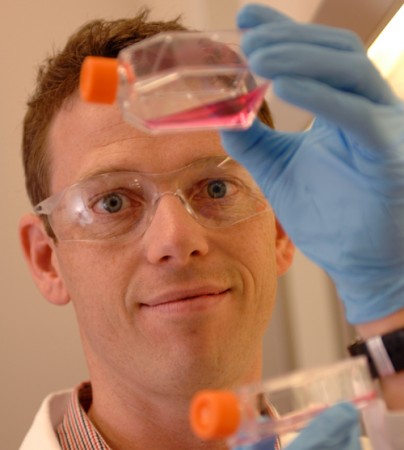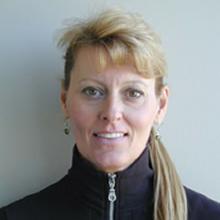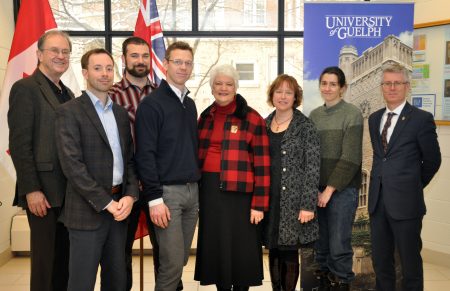
The University of Guelph will receive nearly $2 million from the provincial government for research ranging from studying current and emerging viruses, to investigating heart health, to using genomics to improve health and food safety, to designing the next generation of nuclear reactors.
The announcement was made on campus today by Liz Sandals, MPP for Guelph.
The funding will come from programs overseen by the Ontario Research Fund (ORF) and the Ministry of Research, Innovation and Science (MRI), mostly to support federally funded projects at U of G.
“We’re delighted to receive this critical investment from the provincial government,” said Malcolm Campbell, vice-president (research).
“It supports both established researchers leading in their fields as well as our promising early-career faculty who will be tomorrow’s leaders. Their work will lead to applied, practical applications that will help improve life.”
More than $640,000 is coming from the Large Scale Applied Research Program (LSARP) overseen by MRI and Genome Canada for genomics research.

Filippo Miglior, an adjunct professor in the Department of Food Science, received $390,258 to improve feed efficiency and reduce greenhouse gas emissions.
Miglior works with University of Alberta professor Paul Stothard on a cattle genomics initiative that received more than $10 million in funding from Genome Canada. They are studying genomics-based approaches for selecting dairy cattle for more efficient feed conversion and lower methane emissions.
Prof. Bonnie Mallard, Department of Pathobiology, will use her $250,000 LSARP grant to help develop genomics tools for selecting disease-resistant pigs. She also belongs to another national genomics project that has received nearly $10 million in federal support.

In work with cattle, Mallard has patented an immune response profiling tool that uses animal genetics and immune response to breed healthier livestock.
Chemistry professor Peter Tremaine will receive $125,000 from ORF’s Research Infrastructure program to support his $2.5-million NSERC/UNENE (University Network of Excellence in Nuclear Engineering) Senior Industrial Research Chair.
His work is expected to help extend the lifetime of Canada’s current heavy-water nuclear reactors, improve radiation safety and long-term storage of spent fuel, and offer ideas for designing next-generation reactors.
Eight professors received grants from ORF’s Small Infrastructure Fund, as follows:

- Susan Brown, School of English and Theatre Studies, $224,736 for an Arts Research Collaboratory;
- Trevor DeVries, Department of Animal Biosciences, $113,390 to develop new tools for behaviour and health monitoring of dairy cattle;
- Max Jones, Department of Plant Agriculture, $100,046 for plant propagation and conservation;
- Cezar Khursigara, Department of Molecular and Cellular Biology, $124,256 for a scanning electron microscope for life science imaging;
- Philip Millar, Human Health and Nutritional Sciences, $111,001 for a Human Cardiovascular Physiology Laboratory;
- Alireza Navabi, Department of Plant Agriculture, $102,714 to develop new tools for applied wheat genetics and breeding; and
- Nicole Nemeth and Leonardo Susta, Department of Pathobiology, $125,000 to study viral pathogens in birds.
Two professors received $140,000 Early Researcher Awards, intended to advance the careers and research programs of promising young faculty, as follows:
- Thomas Koch, Department of Biomedical Sciences, studies on veterinary and human regenerative medicine; and
- Stephen Brown, Department of Human Health and Nutritional Sciences, to study links between the spine and its muscles and back pain.
